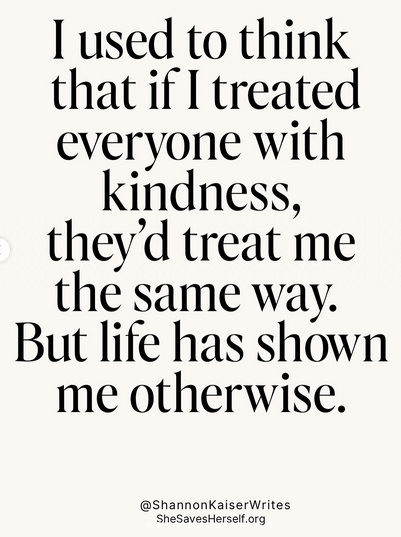Capable adults can seem pretty useless when it comes to stopping people who harm children. Here are some reasons why the public so often fails when it
 Capable adults can seem pretty useless when it comes to stopping people who harm children. Here are some reasons why the public so often fails when it comes to confronting people who prey on children:
Capable adults can seem pretty useless when it comes to stopping people who harm children. Here are some reasons why the public so often fails when it comes to confronting people who prey on children:
1. Denial & Discomfort
People don’t want to believe that predators exist in their families, schools, or faith spaces.
Denial feels safer than facing the horror of child sexual abuse.
Communities often minimize the problem, saying “that doesn’t happen here,” even while it’s happening in plain sight.
2. Victim-Blaming & Silence
Instead of holding abusers accountable, the blame is shifted to children or their parents.
Survivors are accused of “ruining reputations” or “destroying families” simply for telling the truth.
This pressure silences children and allows abusers to keep offending.
3. Fear of Power & Reputation
Many abusers hold positions of power: coaches, teachers, pastors, respected community members.
People protect the reputation of the adult rather than the safety of the child.
Whole communities sometimes rally behind the abuser because it’s easier than facing the reality of betrayal.
4. Lack of Urgency
Laws and systems often move slowly.
Society will mobilize quickly for stolen property or financial crimes—but children’s bodies and lives don’t receive that same urgency.
The result: predators remain free, while children bear lifelong scars.
5. The Role of Fear
Abusers use threats to keep children silent. Sometimes they even carry them out—harming pets, threatening parents, or spreading fear that disclosure will “break the family.”
The public often underestimates the power of that fear, and instead of dismantling it, they look away.
6. Culture of Protecting Adults Over Children
Historically, adults have been seen as the ones deserving of protection, dignity, and credibility—while children are dismissed as unreliable or “too imaginative.”
This cultural bias runs deep, making it easy for predators to exploit.
Closing Reflection
The public’s failure is not because child abuse is rare. It is because confronting it demands courage, sacrifice, and a willingness to shatter illusions about safety. Too often, people choose comfort over truth, reputation over justice, and silence over the cry of a child.
Maya Angelou’s wisdom reminds us: “When people show you who they are, believe them the first time.” The same must apply to children. When they show us who has harmed them, we must believe them—and act.